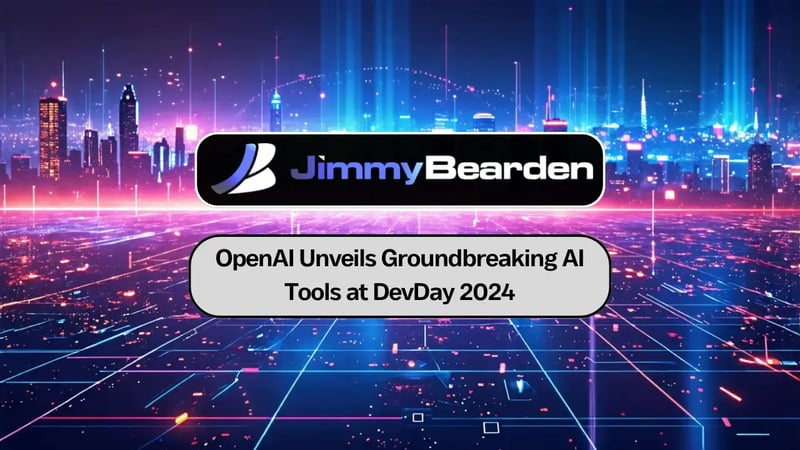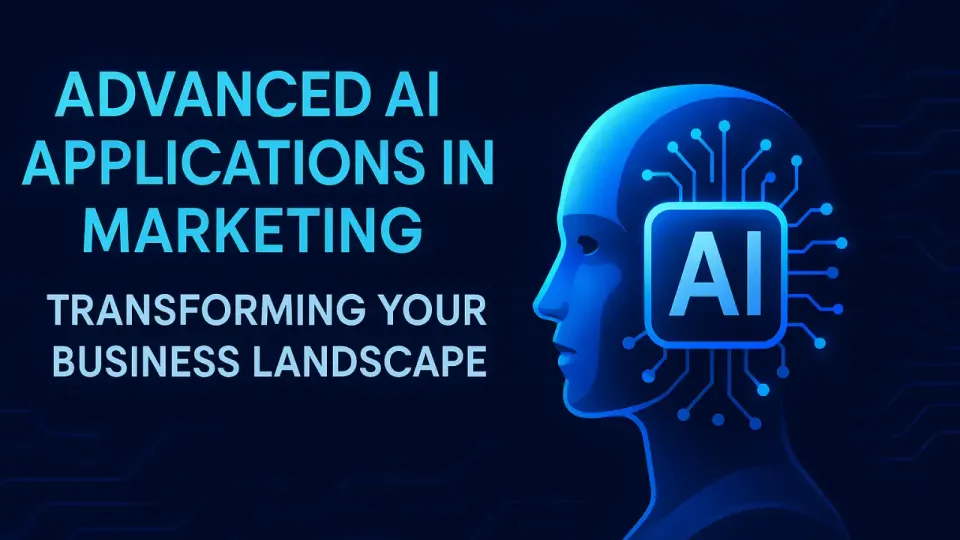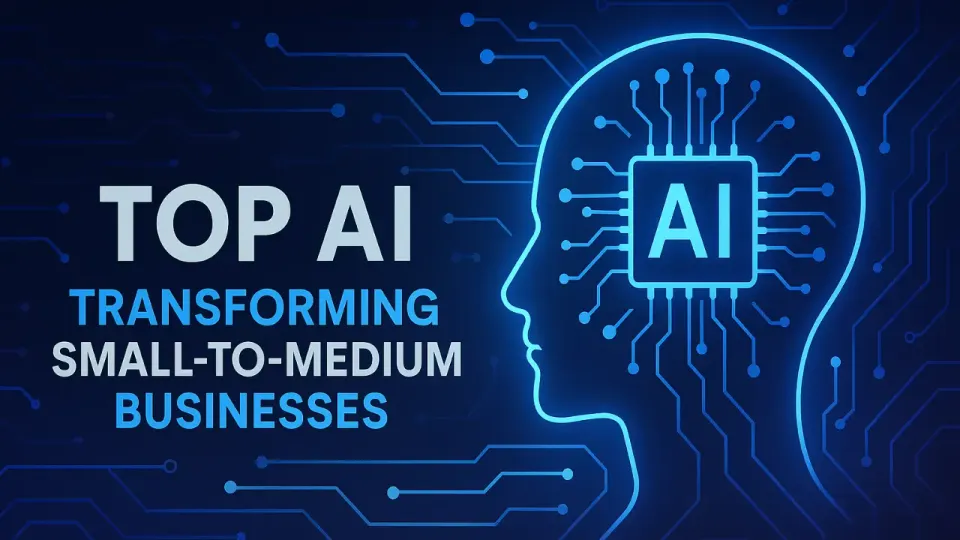OpenAI Unveils Groundbreaking AI Tools at DevDay 2024

OpenAI's DevDay 2024: A Leap Forward in AI Development
OpenAI's DevDay 2024 has ushered in a new era of artificial intelligence development, introducing a suite of groundbreaking features and improvements that promise to revolutionize the way developers interact with and utilize AI technologies. The event, held simultaneously in San Francisco, London, and Singapore, showcased OpenAI's commitment to empowering its developer ecosystem and pushing the boundaries of what's possible in AI applications.
One of the most significant announcements was the introduction of the Realtime API, now in public beta. This powerful tool enables developers to create low-latency, multimodal experiences, including natural speech-to-speech conversations. With support for six predefined voices, the Realtime API opens up new possibilities for creating more interactive and responsive AI-driven applications.
Enhanced Visual Understanding and Cost Efficiency
Vision Fine-Tuning, another key feature unveiled at the event, allows developers to fine-tune large language models using both images and text. This advancement has far-reaching implications for industries such as autonomous vehicles, medical imaging, and visual search, where enhanced visual understanding is crucial. The ability to train models on specific visual data sets could lead to more accurate and specialized AI applications in these fields.
In a move that addresses both performance and cost concerns, OpenAI introduced Prompt Caching and Model Distillation. Prompt Caching reduces latency and costs by reusing previously processed text, offering a 50% discount on input tokens that the model has recently processed. Meanwhile, Model Distillation allows developers to fine-tune smaller language models using the outputs of larger ones, making it more cost-effective to achieve similar performance levels.
Expanding AI Accessibility and Real-World Applications
The DevDay event also highlighted OpenAI's efforts to make AI more accessible and affordable for developers. With a staggering 99% cost reduction over the last two years for API access, coupled with features like Prompt Caching, OpenAI is lowering the barriers to entry for AI development. This commitment to accessibility is further exemplified by the introduction of audio input and output capabilities in the Chat Completions API, expanding the range of potential applications.
Real-world applications of these new tools are already emerging. For instance, Grab, a Southeast Asian food delivery and rideshare company, has leveraged Vision Fine-Tuning to enhance its mapping services, achieving significant improvements in lane count accuracy and speed limit sign localization. This case study demonstrates the practical impact of OpenAI's innovations on everyday services and user experiences.
"Joining this community has been a game-changer for staying updated on the latest trends & events!" - John B.





